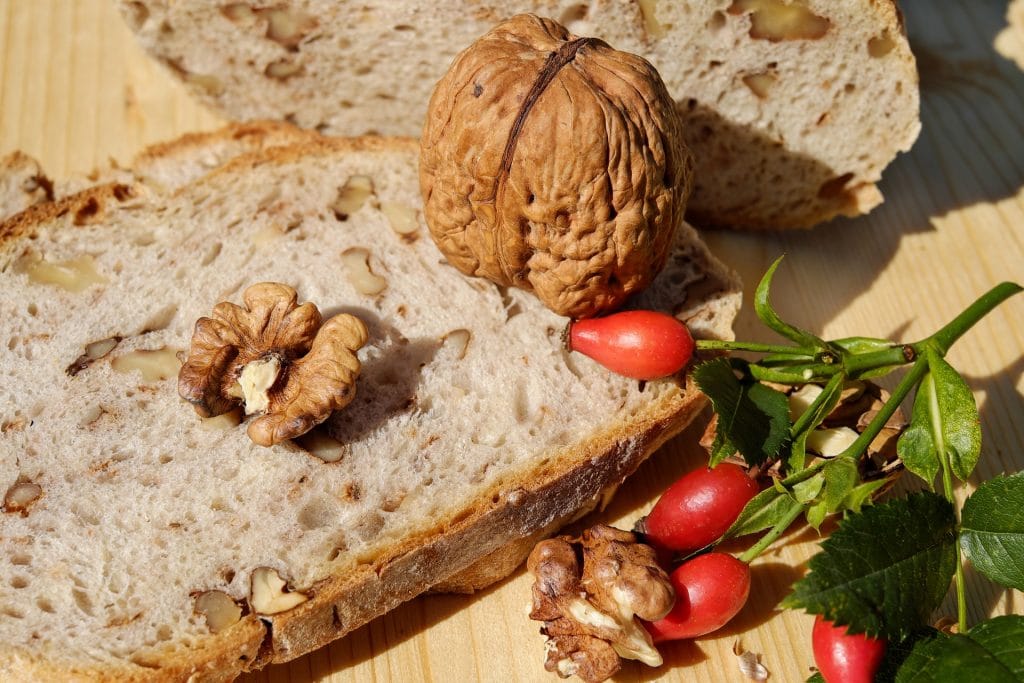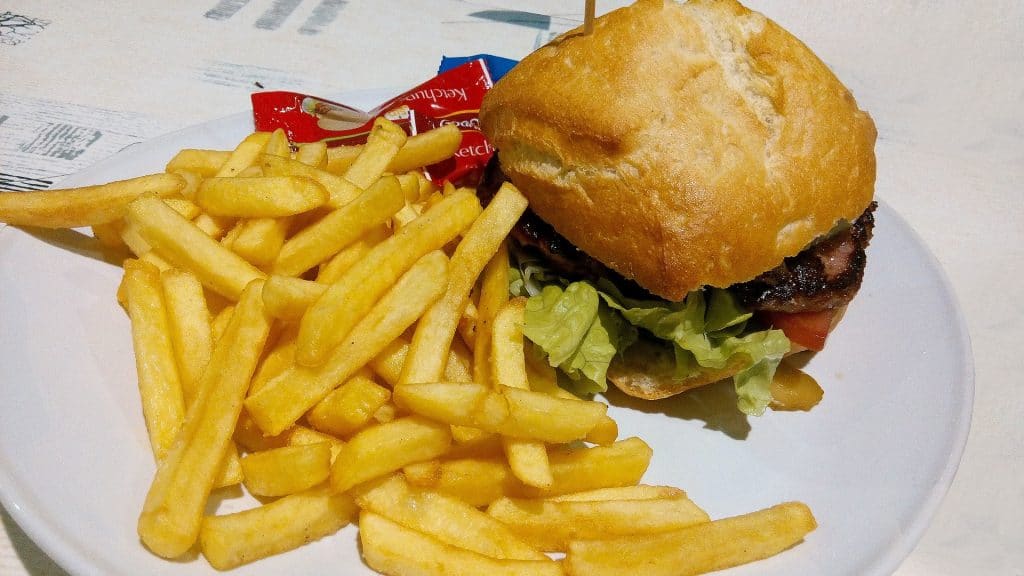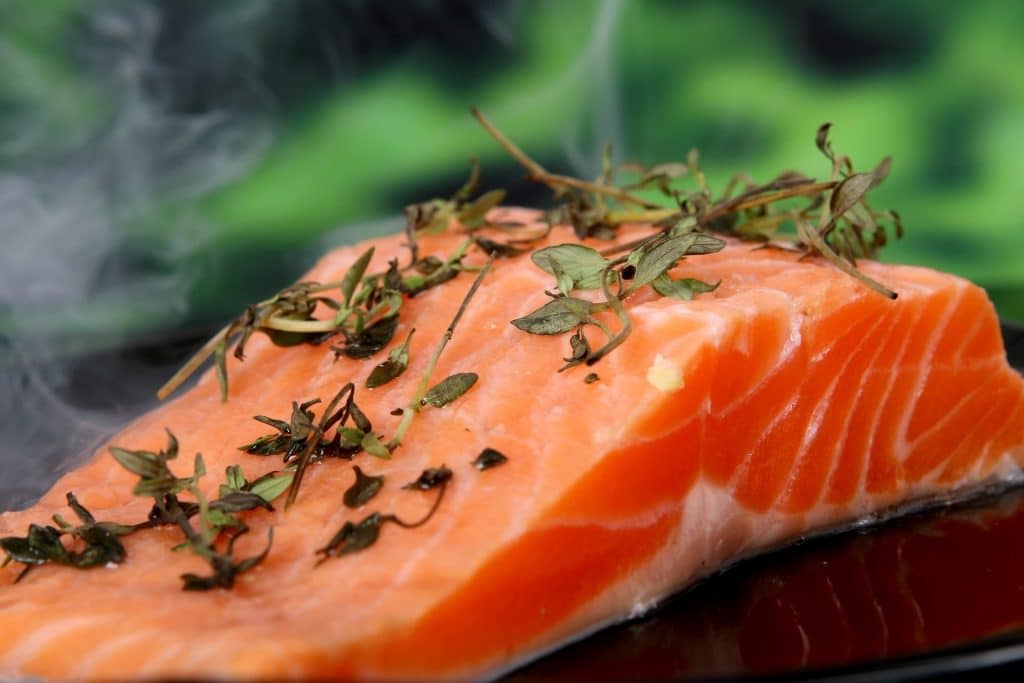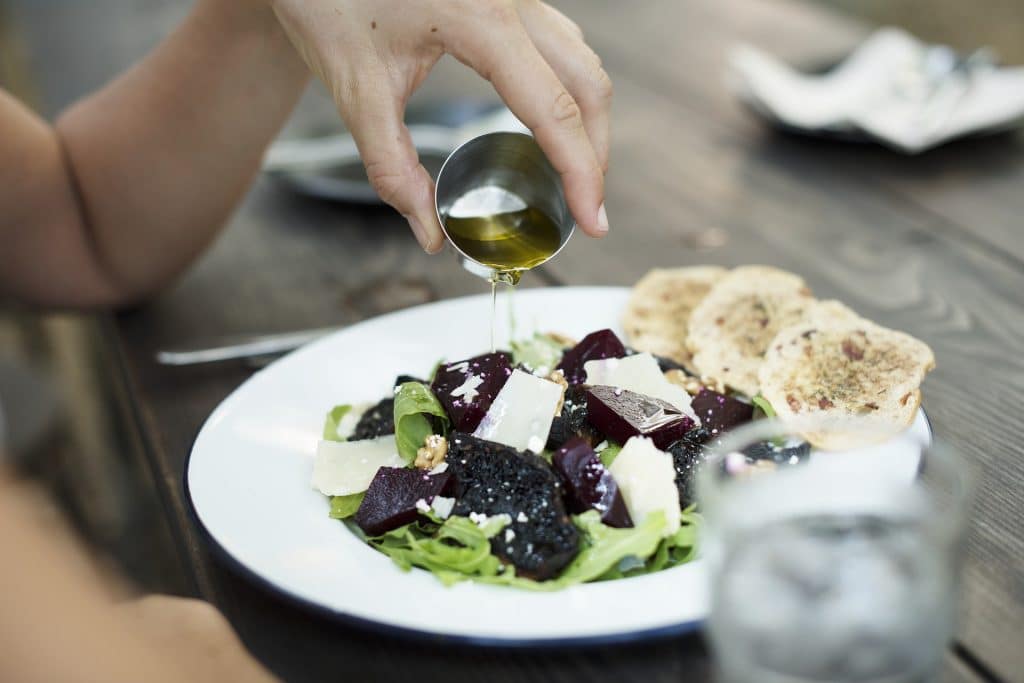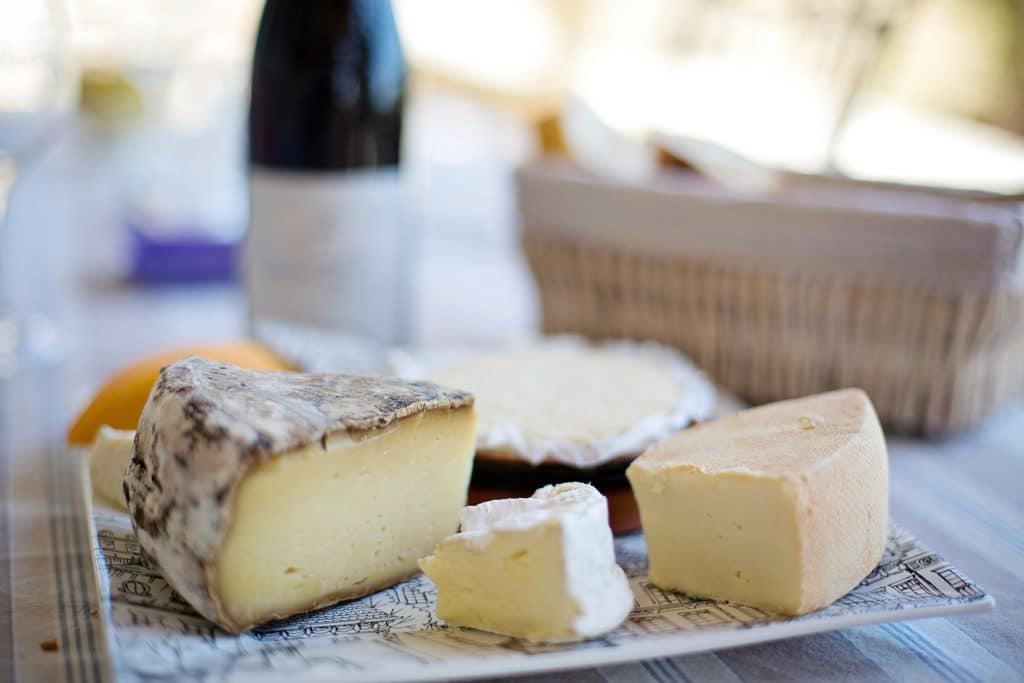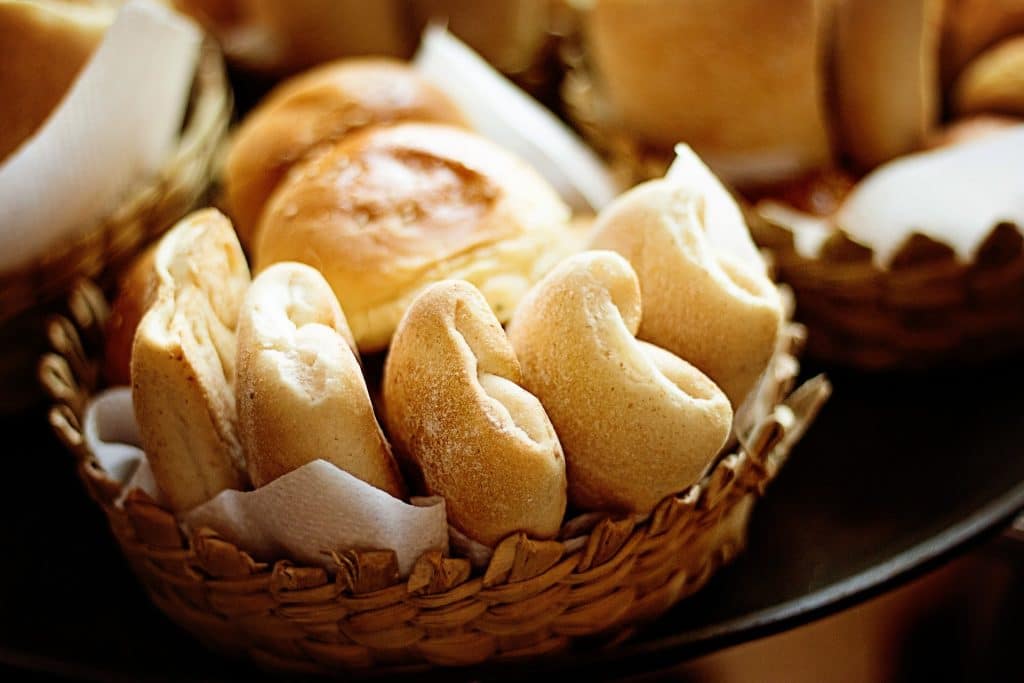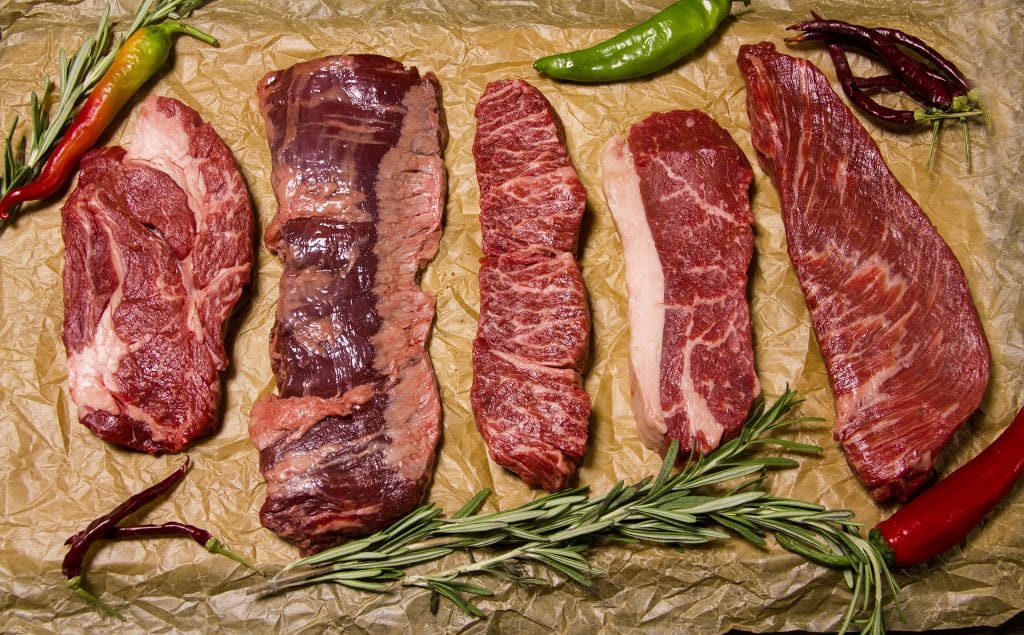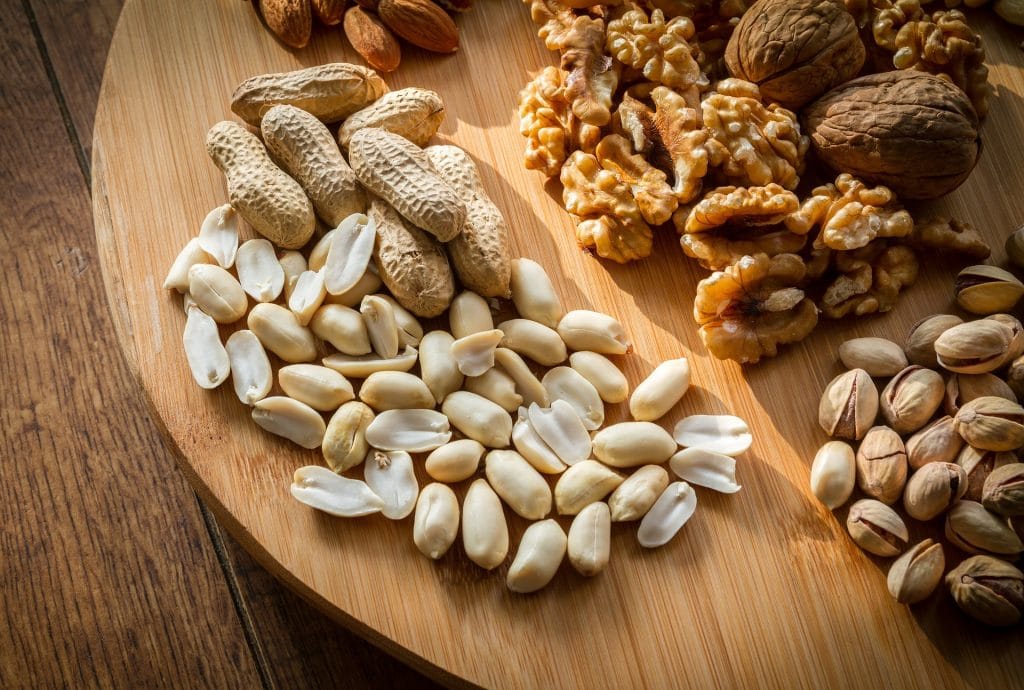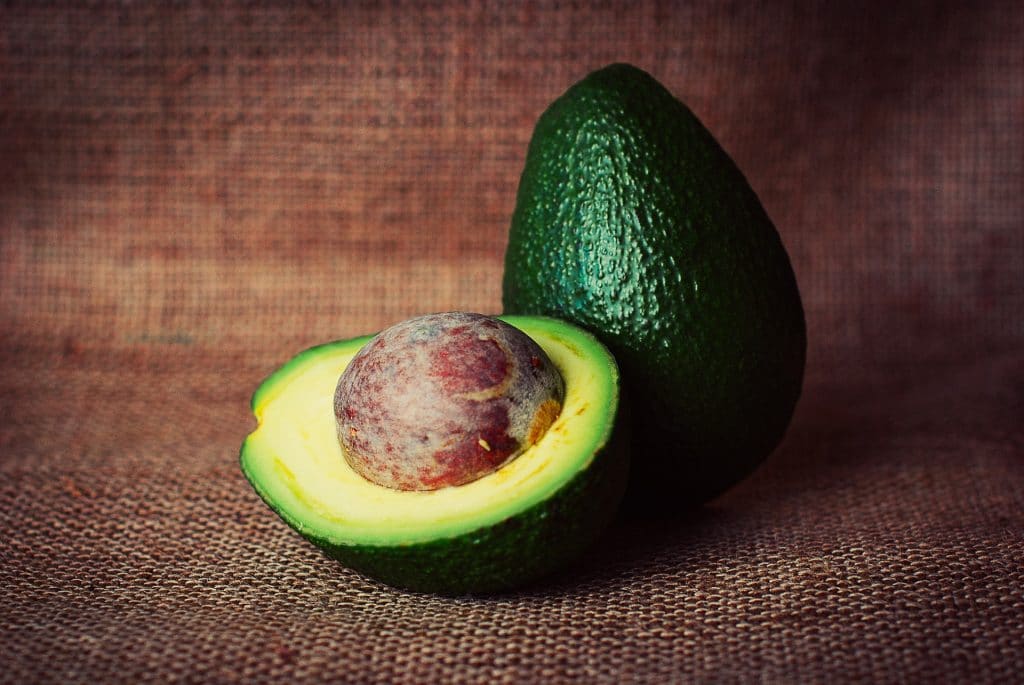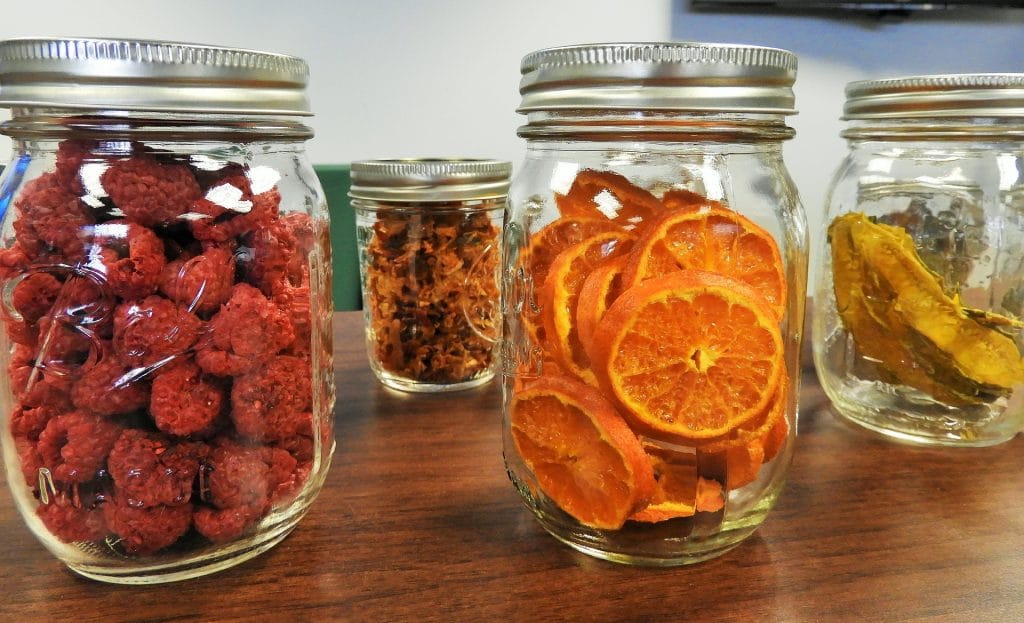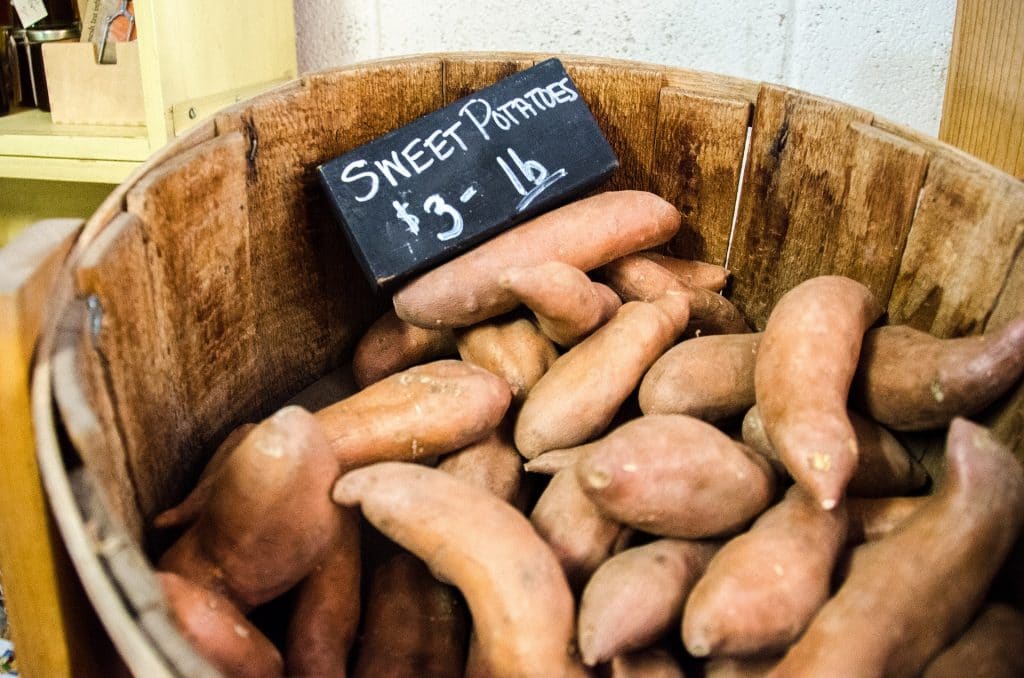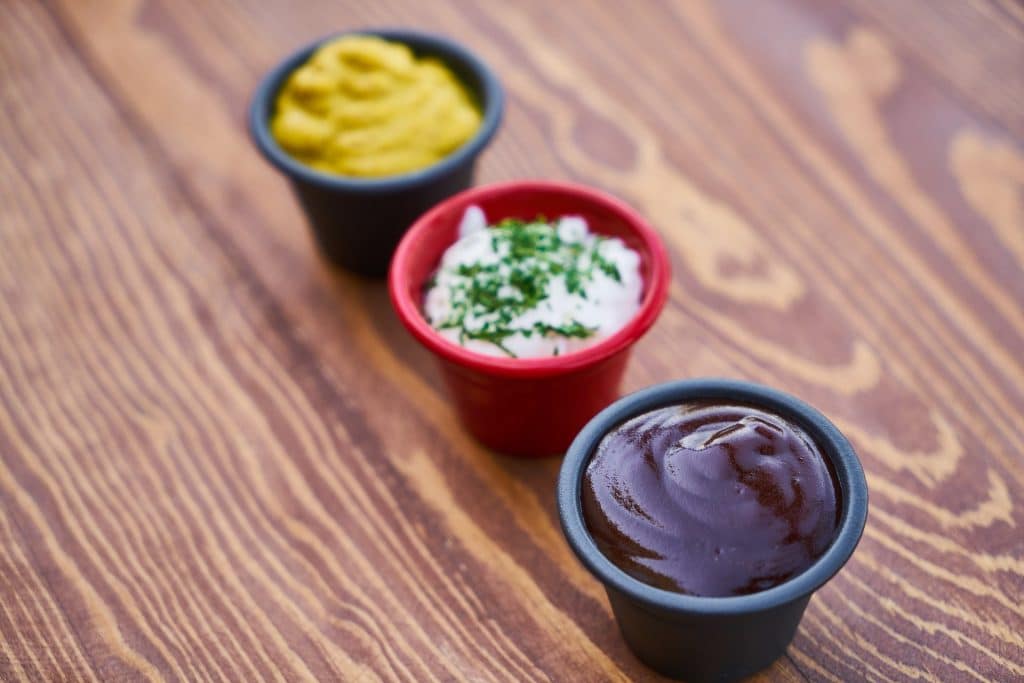Not all calories are created equal when you are trying to gain weight and/or bulk up at the gym. Although nutrient-dense foods are a staple in every healthy diet, eating calorie dense foods can help you gain weight and achieve the muscle mass you want. Many people are told to avoid foods with a high-calorie density because it causes weight gain. Those who struggle to gain weight need to eat food high in calories to gain weight. In fact, many high-calorie natural foods offer an array of vital nutrients that aren’t found in the nutrient-dense food alternatives.
What Are Calorie Dense Foods?
In the world of weight management nutrition there are two primary classifications for foods: calorie dense foods and nutrient-dense foods and calorie dense foods. Per bite, nutrient-dense foods have more nutrients than calories. Eating nutrient-dense foods is recommended for optimal health, weight loss, and weight maintenance. Foods that are calorie dense have more calories per volume, so there is a lot of calories per bite of food. You must eat more calorie dense food to feel full, and the energy from the food doesn’t last as long as when eating nutrient-dense foods.
Diets that focus on calorie dense foods are used to promote weight gain. To break it down, imagine eating one cup of potato chips versus eating one cup of broccoli. The potato chips have far more calories than the broccoli, but broccoli keeps the stomach feeling fuller for longer. But it’s not just potato chips and convenience foods high in calorie-density.
Types of Calorie Dense Foods
Processed High Calorie Food
Calorie-dense foods are often lumped into the unhealthy category. Certain calorie dense foods are referred to as “empty calories” because they contain more calories than nutrients. Processed food, junk food, and fast food are all calorie dense. Yet, none of these foods are part of a healthy diet. It’s true that cakes, cookies, candies, processed meats, ice cream, processed bakery items, fried foods and other convenience foods are unhealthy foods that are higher in calories than nutrition, but they aren’t the only foods full of calories.
There are many foods that are both healthy and calorie filled. Eating healthy high-calorie food is essential for a healthy diet. Here we will pinpoint the foods that are both high in calories to help you gain weight and fall into a nutritious category to keep your body healthy and strong.
Natural High Calorie Food
High-calorie foods that can be integrated into a healthy diet are those that come from nature and do not have added preservatives or artificial ingredients.
These include:
- Oils
- Fats
- Meats
- Fish
- Dairy products
- Nuts
- Avocados
- Bananas
- Legumes
- Dried fruits
- Grains
- Bread products
Benefits
When incorporated into nutritious diet, eating high-calorie foods is a great way to assist in your weight gain goals while maintaining health. Calorie-dense foods often offer unique vitamins and minerals essential for the body. A nutritious diet requires a variety of vitamins and minerals from different sources. A diet made up of only nutrient-dense foods rarely provides the full dietary spectrum necessary for a healthy body. Fats, protein, and carbohydrates are all important parts of a healthy diet. The sources of these foods most often come in the form of calorie dense foods.
In the past, experts reported that eliminating fats from the diet would increase health benefits. Now the general scientific consensus is to include healthy fats into the diet and to avoid saturated fat and trans-fat. The key to a healthy diet is balance. Eating too much high-calorie food contributes to obesity and unwanted issues in the body like high cholesterol, diabetes, and heart disease. Not eating enough high-calorie foods leads to muscle wasting, metabolic problems, and diabetes. To establish a balanced diet, eat a variety of foods that include both those that are calorie dense and those that are nutrient-dense.
10 Examples
Are you looking for ways to gain weight to look and feel like the best version you? Try adding calorie dense foods to your diet. You will need to increase your calorie intake to gain weight. The number of calories you need to eat is based on your height, current weight, and activity levels. There are 3,500 calories in one pound of body fat. Introduce the high-calorie foods in stages to see how your body reacts. With time you can determine which foods and food quantities work best to help you achieve your desired weight. Here are the top 10 calorie dense foods for weight gain and building muscle.
Oils
By a long shot, oils are the number one most calorie dense food by volume. Oils are liquid fats and using oils will easily pack on calories to any meal. Oils have a variety of uses. Cook with them, add them as an ingredient, pour them into a smoothie, or use them as a topping on other foods. Vegetable-derived oils such as: avocado oil, coconut oil, olive oil, and palm oil contain high amounts of fat, consequently they also have a lot of calories. Fatty vegetable oils contain healthy nutrients. Both flaxseed oil and canola oil are good sources of plant-based Omega 3s, which may combat heart disease and blood pressure.
Full Fat Dairy and Milk Products
Dairy and milk products, including goat milk products, are second on the list of the most calorie dense foods. Dairy products such as cheese, butter, and milk are all loaded in calories. They also contain nutrients such as calcium, vitamin D, and protein. Dairy products provide nearly 300 calories per cup.
Grains and Bread Products
Among the foods with the highest calorie-density are whole grains. Bagels, homemade granola, muffins, oatmeal, popcorn, and rice, are excellent sources of filling yet calorie-rich foods. Rice has many calories, averaging 200 calories per cup. Brown rice contains 248 calories per cup. One plain bagel will give you and additional 200-360 calories on average. Commercially prepared granola, which is typically high in sugar, can contain as much as nearly 600 calories per serving. Bran muffins are high in fiber and bring around 475 calories to the table.
Meat, Poultry, Fatty Fish, and Eggs
Animal proteins are naturally calorific food sources. Lamb, beef, chicken, salmon, and egg yolks are what to eat when trying to put on weight. These foods are high in protein which contributes to steady energy levels. Calories in animal proteins vary by type and portion size. One cup of roasted ham contains about 370 calories while one roasted chicken leg contains 475 calories. Adding animal protein to your diet will help you gain weight.
Nuts and Legumes
Nuts and legumes, as well as products made from nuts and legumes, offer a ton of calories per bite. Nuts like macadamia and almonds, and their nut butters, are calorie dense. Providing iron and B vitamins, a half-cup serving of macadamia nuts is around 470 calories. One tablespoon of almond butter packs in 98 calories. Peanuts and peanut butter are technically a legume.
Other legumes and legume products that are a calorie intense meal are chickpeas, hummus, soybeans, firm tofu, lentils, peas, kidney beans, and black beans. Hummus made from chickpeas offers 408 calories per cup. One cup of firm tofu made from soy beans has 363 calories. Peas, which are a good source of plant based protein have 117 calories per cup.
Avocados
Avocados are healthy fat powerhouses and also contain high vitamin C and potassium. Each avocado is high in calories, fiber, and fat to promote weight gain. Calories in an avocado are typically around 320 per fruit. Avocado eaten raw or as guacamole can add needed calories to your diet.
Dried Fruits
Dehydrating fruit removes the water content, leaving behind sugars and fiber to make a high-calorie snack. Dates, figs, and raisins are popular choices and they all contain between 434 and 502 calories per cup.
Sweet Potatoes
Sweet potatoes are starchy foods rich in both carbohydrates and calories. One cup of mashed sweet potatoes contains 258 calories and delivers twice the daily amount of vitamin A, along with iron, potassium, magnesium, and vitamin E.
Condiments
Often overlooked in nutrition, condiments like ketchup, mayonnaise, salad dressings, barbecue sauce, steak sauce, and sour cream are high in calories. It might not look like much on the plate, but adding condiments to a meal can increase the caloric intake. One tablespoon of mayonnaise contains a generous 100 calories. Creamy salad dressings like Ranch and Blue Cheese hold 75 calories per tablespoon. Ketchup and steak sauce provide 20 calories per tablespoon.
Conclusion
We hope this article has helped you better understand the benefits of eating the calorie dense foods we’ve touched on here. Nutrient-rich foods are the foundation for a healthy diet, but completely omitting healthy calorie dense from the diet will increase the risks of muscle wasting and other conditions associated with malnutrition.
Incorporating calorie dense foods helps you to gather all the nutrients the body needs to thrive. Foods high in calories can increase energy and make the body healthy. Whether you are underweight or trying to bulk up at the gym, eating calorie dense foods as a part of your healthy nutrient-rich diet will help you gain weight.
